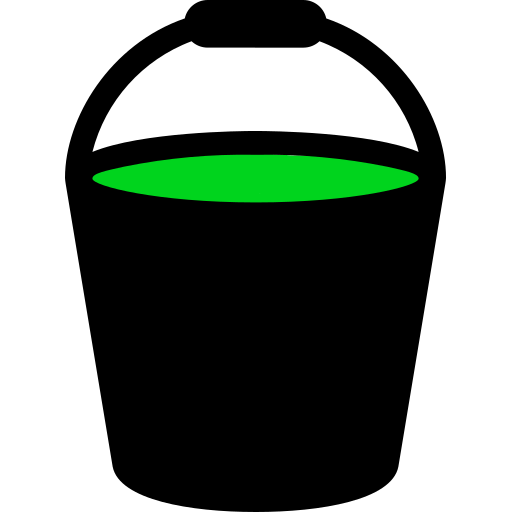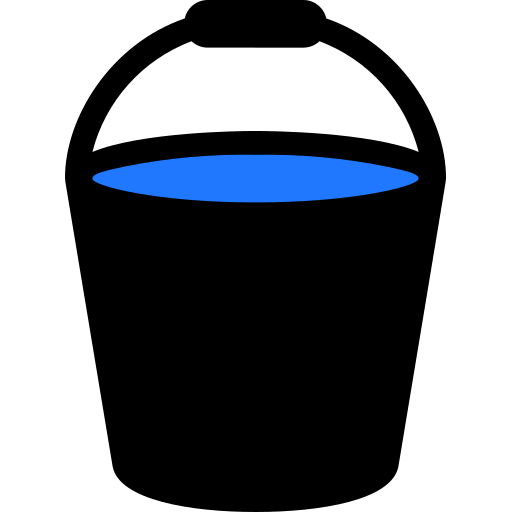Ricardian Model
Please choose names for the countries




Please input amount of Labor
Are you sure you want to use the same name for both countries? This may cause some confusion.
ksomik2@uic.edu




Please input amount of Labor
Are you sure you want to use the same name for both countries? This may cause some confusion.
Are you sure you want to use the same color for both countries? This may cause some confusion.


You can't have same goods.
Please choose goods.
|
Absolute advantage |
||
|---|---|---|
|
MPL
MPL
|
||
|
|
||
|
MPL
MPL
|
||
|
|
||
|
|
||
Absolute advantage focuses purely on which country is more efficient in the production of each good, without considering the opportunity cost of forgoing other goods.
:
• Opportunity cost of producing = / units of .
• Opportunity cost of producing = / units of .
:
• Opportunity cost of producing = / units of .
• Opportunity cost of producing = / units of .
Opportunity cost of |
|
MPL
MPL
MPL
MPL
|
|
|
|
|
This is the content of Section 4.